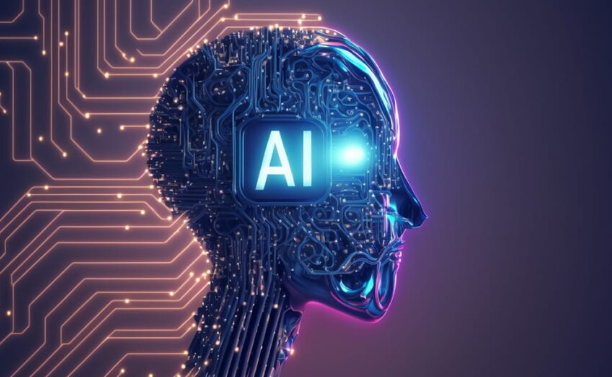Artificial Intelligence Engineering: Shaping the Future
As technology continues to advance at a rapid pace, artificial intelligence (AI) has emerged as a game-changer across various sectors. AI engineering involves the integration of algorithms, data, and systems to create intelligent machines that can perform tasks traditionally requiring human intelligence. This field is not just relevant; it’s crucial for innovation in automation, data analysis, and even everyday applications.
Understanding AI Engineering
AI engineering is a multidisciplinary field that combines elements from computer science, data science, software engineering, and more. To build effective AI systems, engineers need to have a solid grasp of machine learning models, natural language processing, and computer vision techniques. The beauty of this field lies in its adaptability; AI engineers can work on diverse projects ranging from developing self-driving cars to creating intelligent virtual assistants, making their skill sets highly valuable.
The Role of Machine Learning
A core component of AI engineering is machine learning, which involves teaching a computer to learn from data. By using algorithms that improve their performance as they process more information, machines can recognize patterns and make decisions. For instance, in healthcare, machine learning can analyze patient data to help doctors make more accurate diagnoses, thereby improving patient outcomes. This capability highlights not only the efficiency AI can bring but also its potential to positively impact society at large.
The Importance of Ethical Considerations
With the rise of AI engineering comes the responsibility to consider the ethical implications of these technologies. Engineers must be aware of issues such as bias in algorithms, data privacy, and the potential for misuse of AI. Developing fair and transparent AI systems is essential to maintaining public trust. By integrating ethical guidelines into the engineering process, professionals can ensure that their innovations benefit all of society rather than contribute to existing inequalities.
Conclusion
Artificial intelligence engineering is more than just a technical discipline; it’s a vital part of shaping tomorrow’s world. As you learn more about this exciting field, consider how you can engage with it—whether by pursuing a career in AI, exploring educational resources, or simply staying informed about the latest advancements. The future is bright for AI, and there’s no better time to get involved!

